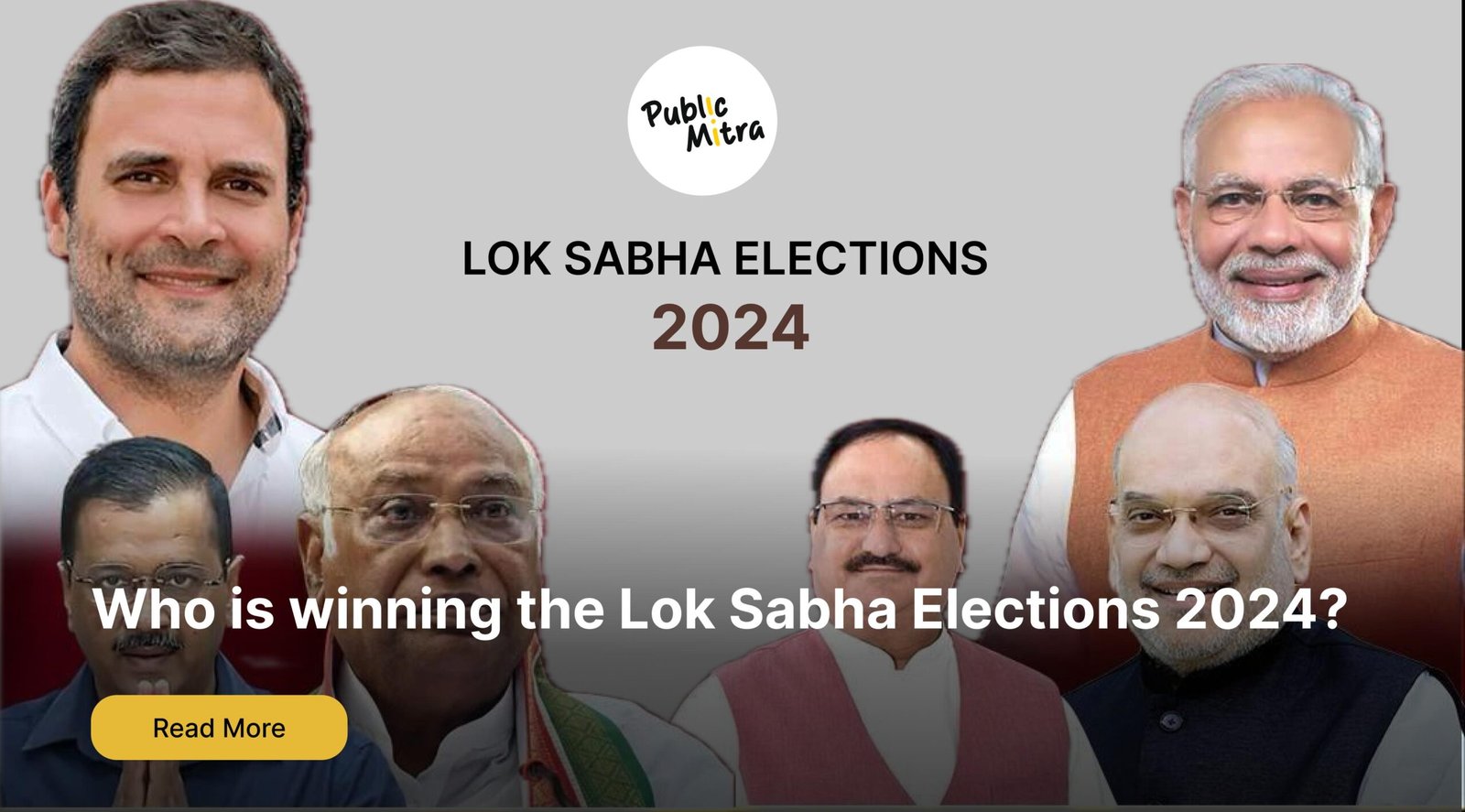An In-Depth Analysis: Why 2004 Lok Sabha Exit Polls Failed and 2024 Indian Elections Won’t
Publicmitra2024-06-04T01:42:05+00:00Exit polls play quite a vital role in election predictions. Exit poll predictions did not precisely stand with the 2004 Lok Sabha elections and failed to predict the right results. This blog explores why the exit poll predictions failed in 2004 and are not likely to fail in the upcoming 2024 Indian General Elections.
What went wrong with the 2004 Lok Sabha elections Exit Polls?
Exit polls rely on the survey of voters right as they come out of the polling booths. The voting preference can be inferred through this. However, at least the 2004 Lok Sabha elections exit polls went wrong, which ascertained that voter behaviour was just too complex and dynamic to get.
The emergence of social media primarily impacts the process of election campaigns and voter sentiment. It has become an efficient medium of political propaganda and disinformation. Since exit polls may not reflect the actual impact of social media on voter sentiment, the forecast might be entirely wrong.
India’s diverse demography also has distinct regional political dynamics. Exit polls often find difficulty in capturing the regional variations and voting patterns. In the 2004 Lok Sabha elections exit polls, failure to calibrate the regional variations led to errors specific to measuring these variations.
The fundamental problem with an exit poll is that it tries to predict the result from a sample of voters cast over the entire electorate. On the other hand, exit polls carry inaccuracies and biases with them based on sample size and methodology. These methodological limitations contributed to the failure of exit polls in 2004.
Why the 2024 Indian General Elections Are Unlikely To Fail?
Exit poll agencies have learned from their mistakes in the 2024 Lok Sabha elections and are bound to fine-tune their methodologies come the next general elections. They are bound to put in place a learning mechanism and make changes to make the prediction closer to accuracy.
Advanced-Data Analytics
With technological advancement and data analytics, exit poll agencies have started analysing big data to predict the outcomes more accurately. Algorithms for machine learning-based models and statistical models consider numerous factors that tend to influence voter behaviour.
This would mean that exit poll agencies can now better understand how much social media impacts voter opinion. They would probably utilise a better understanding of the technique, combining social media sentiment analysis with other techniques to understand the impact on election outcomes.
Exit poll agencies will take a keener interest in variations at the regional level. They will, therefore, gather more localised data and put in place region-specific analysis to ensure accurate predictions.
Conclusion
While the exit poll predictions went drastically wrong in the 2004 Lok Sabha elections, this will not repeat in the 2024 Indian General Elections. With more comprehensive methodologies, better data analytics measures, a greater understanding of the impact of social media, and a focus on regional dynamics, exit polls can yield more accurate predictions. It is essential, however, to remember that they are still predictions and should be taken with a grain of salt.












